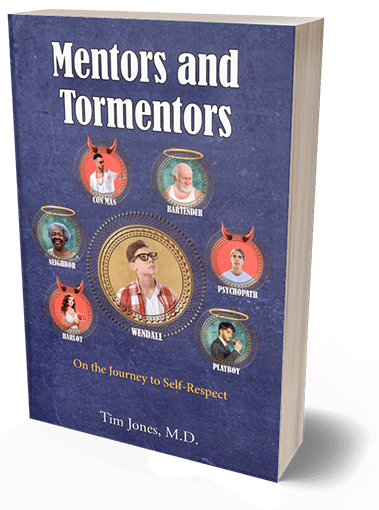
Bullied – What Should I Do?
When most people think of bullying, they recall their school days. The name calling, ostracizing, intimidating, shoving, ear flicking, taunting good ole days of elementary and high school. But bullying doesn’t stop after graduation. Far from it. All those years of practicing verbal and physical abuse are carried into the adult world – often in sophisticated ways that aren’t easily identified as bullying. But make no mistake, it meets the definition.
What is the definition of bullying? My definition: Any action, comment, or communication (written or online) that is intended to injure a person psychologically or physically. Simply put, bullying is an attack on a person’s self-respect or their person. Furthermore, it is often a combination of psychological and physical abuse.
The most common examples of “adult” bullying occur in relationships. Society has code words for them: “controlling”, “volatile”, “on and off”, “dysfunctional”, “demanding”, “abusive”, “dominating.” These relationships all contain the same abuse. The bully will:
- Remind you of all your deficiencies and past offenses,
- Mock your ideas, desires, and dreams,
- Tell you how to dress, talk, act, and think,
- Demand your servitude, loyalty, and love,
- Restrict your other relationships, and
- Physically abuse or threaten to abuse you.
Of course, you are also reminded that you are so lucky that the bully tolerates you – despite your obvious inferiority. In reality, you are simply a victim, a.k.a. punching bag, doormat, whipping post, etc.
The other adult arena for bullying is at work. Who hasn’t experienced or at least witnessed all that ridiculous, destructive drama – the gossiping, back-stabbing, hatefulness, lying, harassment, and sabotage? Again, it’s nothing more than an attack on your self-respect. Note: the physical abuse is less common at work because it’s easier to prove in court.
Why do bullies attack the self-respect of others? As I have said many times before, bullies are insecure cowards who must boost their self-respect or relieve their stress by pushing other people down. Bullies actually enjoy disrespecting other people. They feel powerful, important, and superior – or when they are unleashing their many frustrations – they feel relief. I don’t know about you, but I wasn’t put on this earth to prop up someone else’s weak ego and emotional immaturity.
Recognizing adult bullying is the first step. Dealing effectively with it will be the subject of my next newsletter.
Woke or Not?
Is Mentors and Tormentors a “woke” book? I don’t know. Maybe. I’m not certain, because I don’t really know what “woke” is supposed to mean. If anyone does have the definition nailed down, please email it to me at tj@timjonesmd.com. I will confess that this book was not written to offend anyone, but rather, to teach people the overwhelming importance of self-respect. Nothing in our lives is more important – because everything, and I do mean everything, in your life is based on your level of self-respect. Every decision you will ever make, every action you take, every response to adversity, and every interaction with other people is determined by your self-respect (your confidence in your abilities and rights as a person). If that confidence is poor or weak, then you aren’t likely to stand up for yourself, or feel motivated, or have high goals and dreams. If your self-respect is clear and strong, then you will speak up for yourself and for others as well. You will be energized to dream big and then make things happen – regardless of obstacles or other peoples’ negative influences.
But there is a problem. Unfortunately, our self-respect can be too easily influenced (up or down) by the opinions of others – if we allow it. Remember, we are talking about “self” respect and not “outsider” respect. You, and only you, can decide what affect others can have on your self-respect. My advice is simple: Always soak up the good and reject the bad. In other words, don’t give a damn what other people think, unless it supports you. Just keep in mind that on occasion critical advice may be exactly what you need. Another person may be correct when they say, “You’re doing it wrong!” But another person is never correct when they say, “You’re not capable or deserving!”
Finally, some exciting news: I am working on a Self-Respect Course for high school students that will be available via Teachingbooks.com. The availability date is set for July 30th. I will keep you updated so that you can check it out.
Want to read more?
Pick up your copy of Mentors and Tormentors At These Fine Retailers






HAVE A QUESTION OR COMMENT?
Contact Tim Jones here
